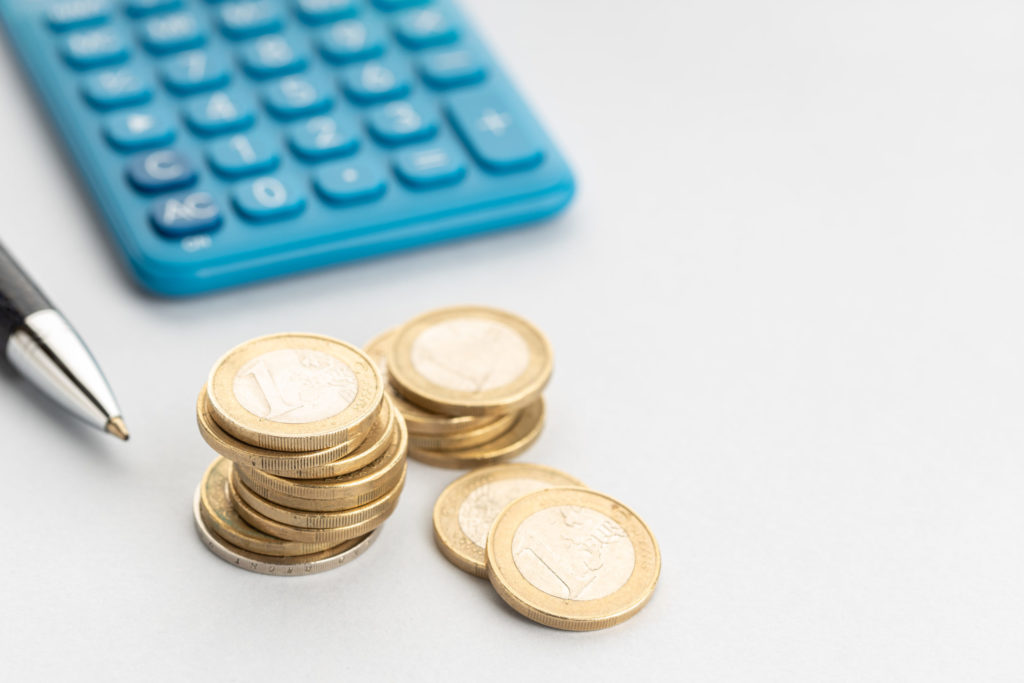If you’re like most people, you probably find managing your finances and investments a daunting task, but it doesn’t have to be. By creating a budget and investing wisely, individuals can make the most of their money and ensure financial security. With a little planning and organization, you can take control of your finances. Keep reading for tips on managing your finances and investments.
Consider Using a Financial Advisor

If you’re feeling overwhelmed by your finances, it might be time to consider using a financial advisor. Financial advisors can help you create a budget, save for retirement, and invest your money. They can also help you get out of debt and protect your assets. Before you hire a financial advisor, be sure to research the different types of advisors available and find one who is qualified to meet your needs. Then, ask the advisor questions about their experience, investment philosophy, and fees. Be sure to read the fine print before signing any contracts.
You can also speak to your financial advisor about the best plan if you are investing. Once you are actively trading, interactive brokers API (Application Programming Interface) can help you. Interactive brokers API provides automated access to account and order management features. You can use the API to submit orders programmatically, get streaming quotes, track positions, and balances, view account activity, etc.
List Your Financial Goals

There are a few key things to remember regarding finances and investments. Managing your money wisely is essential to reaching your financial goals. Here are a few tips:
- Make a list of your financial goals. What do you want to achieve financially? Whether it’s saving for retirement, buying a home, or traveling the world, knowing what you want is crucial in developing a plan on how to get there.
- Create a budget and stick to it. A budget can help you stay on track with your spending and make sure you’re investing money towards your goals. You can also take advantage of debit cards with perks.
- Invest money wisely. Don’t just put your money into any investment; make sure you do your research first to know what kind of return you can expect.
- Have an emergency fund. Unexpected expenses can derail your finances if you’re not prepared for them, so having an emergency fund can help cushion the blow.
Stay On Top of Debts
Credit card debt can quickly spiral out of control, so it’s essential to be mindful of how much debt you take on and make plans to pay it off as soon as possible. There are many reasons why people end up with credit card debt. Maybe they don’t have enough money to cover all their expenses, so they use their credit card to fill the gap. Perhaps they don’t understand how interest works, and they end up with a large balance that they can’t pay. Credit card debt can be costly and difficult to pay off, no matter the reason.
Credit card debt is expensive because you are likely to be charged interest on your outstanding balance. And, if you only make the minimum payment each month, it can take years to pay off your debt. Your monthly payments will likely be higher than you would pay if you only had a mortgage or car loan. If you can’t afford to pay off your balance in full each month, it’s best to avoid using your credit card altogether. Find other ways to pay for your expenses, like using a debit card or cash. Credit card debt can be a huge burden, but it’s not impossible to be debt-free in the future.

